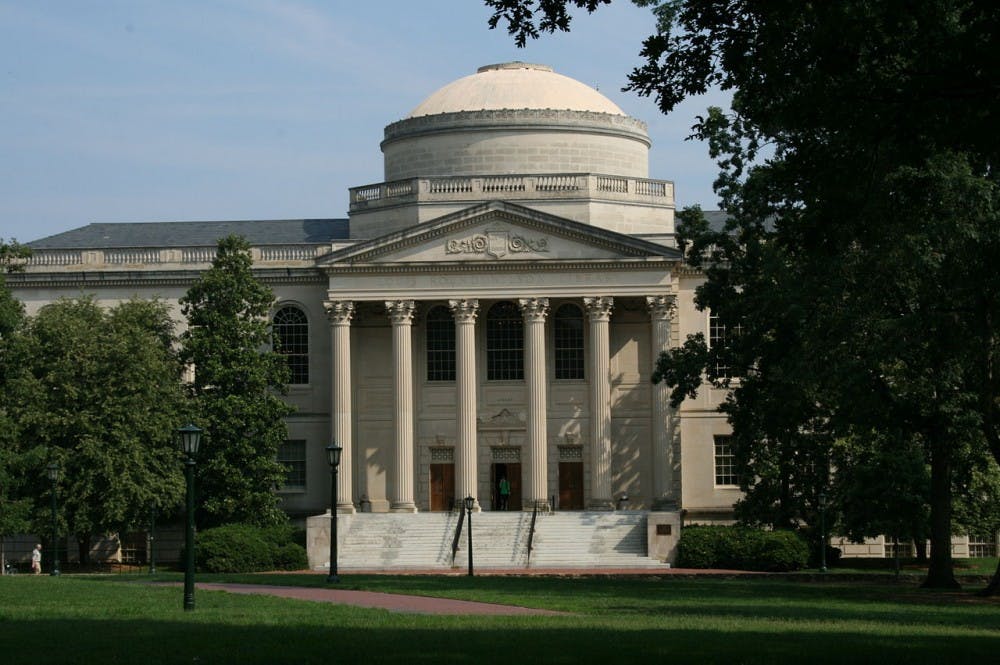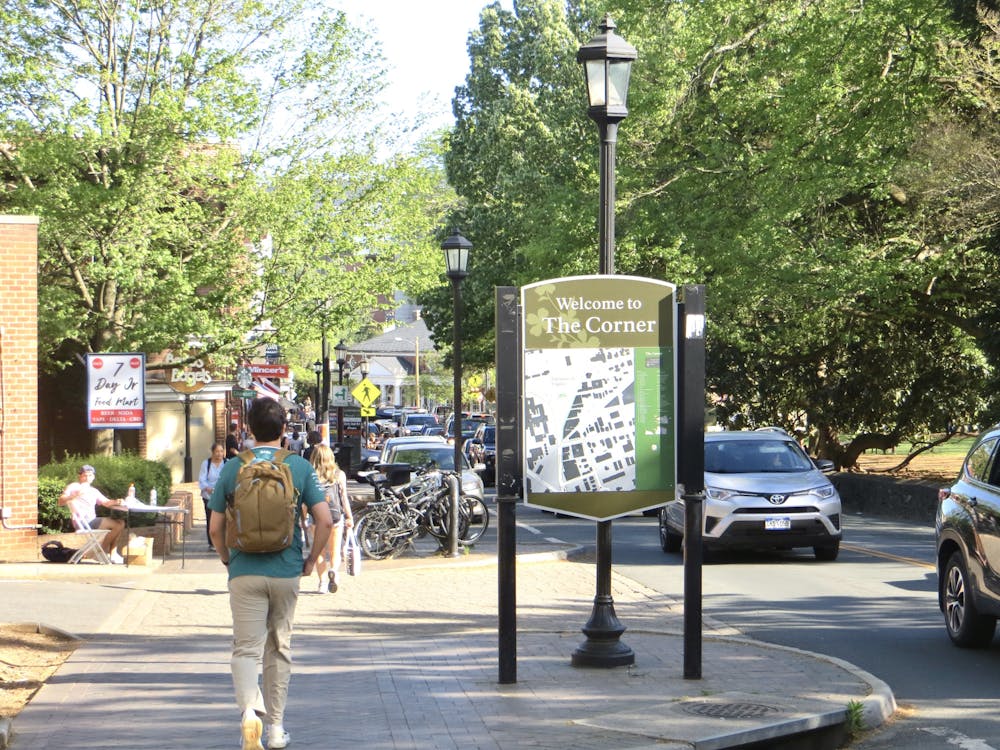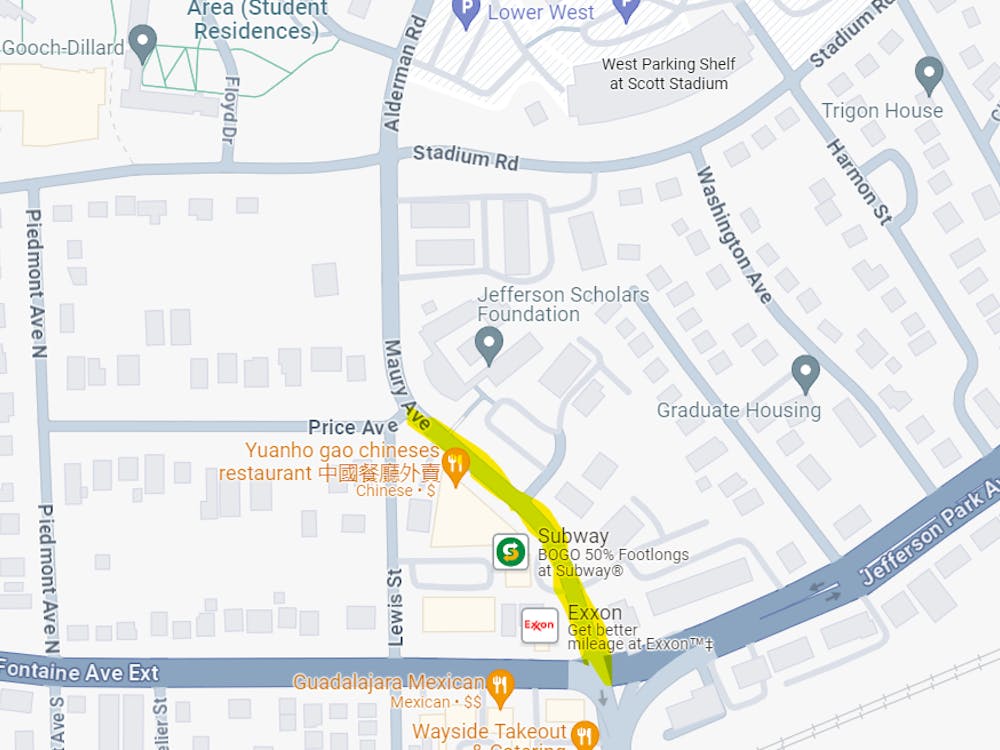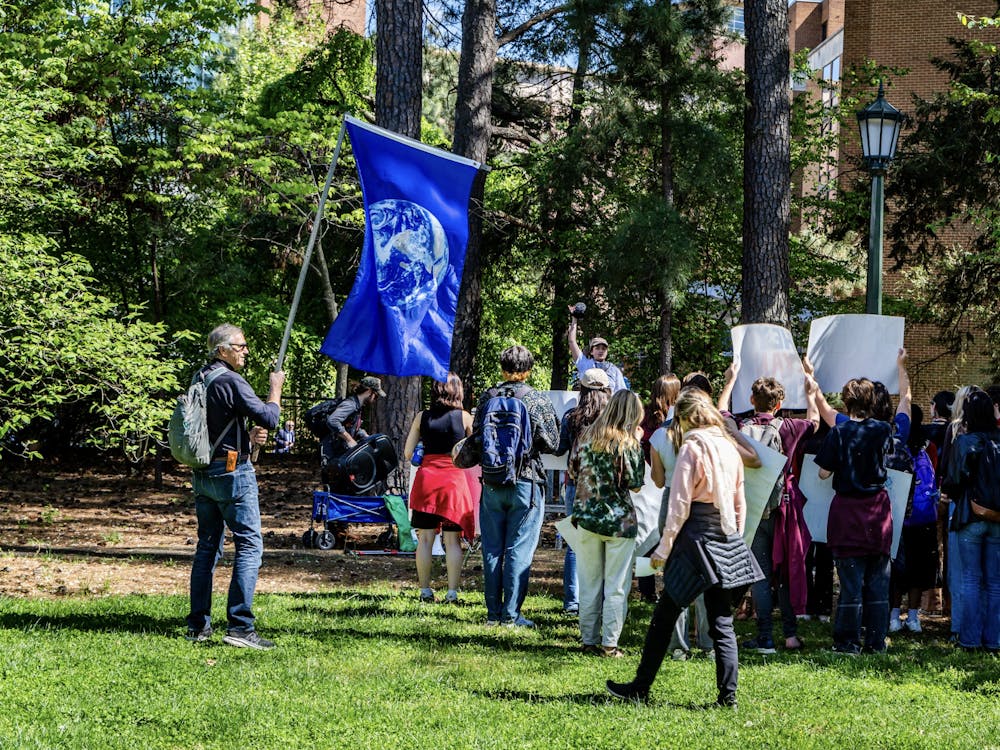In light of a report last week implicating more than 3,000 students in an academic fraud scandal at the University of North Carolina at Chapel Hill, the school’s accrediting body could soon impose serious consequences.
The school’s accrediting body, the Southern Association of Colleges and Schools, would not comment on whether UNC will be undergoing an accreditation review of its academic foundation. However,one college president — Brian Rosenberg of Macalester — has already called for the university to lose its accreditation
SACS is an independently run regional organization that serves to assure the educational and institutional quality of schools under its umbrella. It accredits institutions across 11 states to validate their competency in higher education. This includes the University of Virginia and the University of North Carolina at Chapel Hill.
According to their online site, SACS focuses on six qualities in the accreditation process: integrity, continuous quality improvement, peer review/self-regulation, accountability, student learning and transparency. If an institution fails to adhere to these standards, they are given a sanction that can result in a warning or probation.
SACS spokesperson Michael Johnson elaborated on the evaluation process.
“The areas cover a broad range: they can be the institution’s finances, adequacy of the institution’s faculty,” Johnson said. “It could be related to library resources, or a part of the curriculum that is offered. There are a lot of standards that could lead to a sanction.”
Once an institution is originally affirmed through SACS, a review occurs once every 10 years unless otherwise prompted.
“We can receive a complaint that leads to a visit or unsolicited information via the news,” Johnson said.
The University of Virginia had brief trouble with accreditation in recent years, prompting one of these unscheduled reviews. A review was conducted of the University’s governance policies following the resignation and reinstatement of University President Teresa Sullivan during the summer of 2012. In December that year, the University was given a warning by SACS.
“In December 2012, the University was placed on warning as a result of noncompliance with Core Requirement 2.2, Governing Board and Comprehensive Standard 3.7.5, Faculty Role in Governance,” University spokesperson Anthony de Bruyn said in an email.
The University, SACS said, did not follow standards outlining the faculty’s role in governance — a minority in the Board of Visitors cannot hold power to force a President’s resignation.
If after probation SACS is not satisfied with progress made, a school could lose its accreditation. This decision is made by the SACS Commission on Colleges’ Board of Trustees. The University was placed on a one-year warning which could have led to a probation, but ultimately did not.
A school may face probation without warning if the Board deems the offense serious enough.
According to the SACS website, “Probation may be imposed upon initial institutional review, depending on the judgment of the Board regarding the seriousness of noncompliance or in the case of repeated violations recognized by the Board over a period of time.”
Last Wednesday, UNC released a report authored by Kenneth Wainstein which shed light on the academic problems taking place at the institution. To ensure athletes’ academic eligibility, select faculty members created a system of “paper classes” in which students allegedly had to submit a single paper through the course of an entire semester to receive credit.
According to the Wainstein report, between 1993 and 2011, the paper classes at UNC may have allowed up to 1,500 athletes to remain eligible by artificially raising their grade point averages. Up to 3,100 students were affected by these classes.
The “paper classes” scandal was spearheaded by two faculty members: Deborah Crowder and Julius Nyang’oro. Artificially high grades involved faculty, coaches, counselors and both athletic and academic administrators.
So far, four faculty members have been fired and five disciplined in a manner not specified by the university. One former employee has had honorary status removed.





